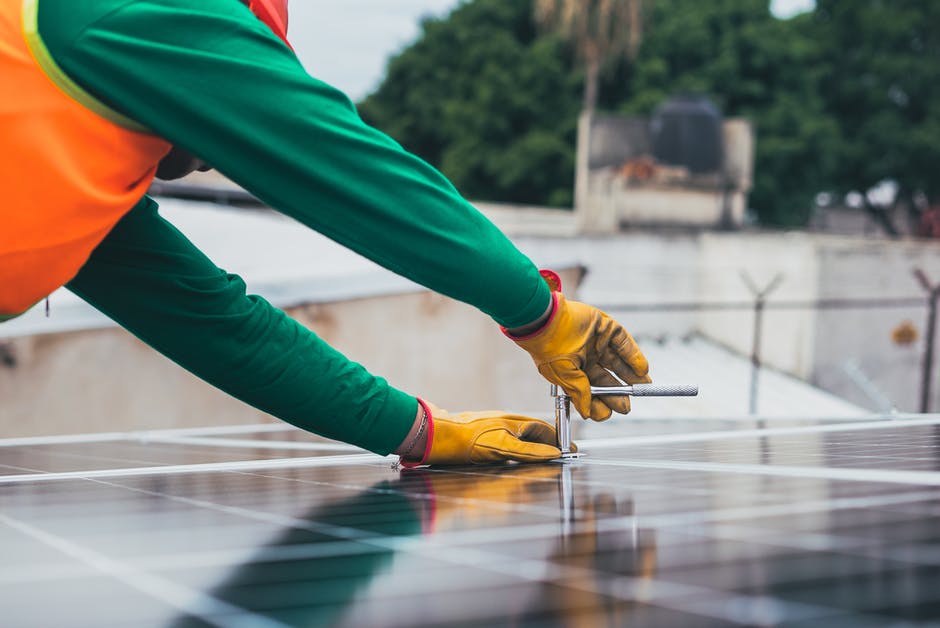In today’s world, energy efficiency is not just a trend; it is a necessity. With the increasing cost of utilities and the urgent need to address climate change, making your home more energy-efficient is both a practical and environmentally responsible decision. Homeowners across the globe are looking for ways to reduce their carbon footprint while also saving on energy bills.
Implementing energy-saving measures in your home does not just benefit the planet; it also enhances the comfort and value of your residence. Homes with energy-efficient features often see a surge in their market value, attracting environmentally conscious buyers. With a few strategic upgrades, you can transform your home into an energy-efficient haven without undergoing major renovations.
The journey towards an energy-smart home requires a combination of strategic planning and informed decision-making. In this article, we will explore three key home improvement tips that can maximize energy efficiency. These tips not only promote sustainability but also contribute to financial savings in the long run.
Tip 1: Harness the Power of Solar Energy
One of the most effective ways to enhance your home’s energy efficiency is by installing solar panels. According to the Solar Energy Industries Association, 97% of all solar panel installations in the U.S. are on residential rooftops. This impressive statistic underscores the growing trend of homeowners transitioning to renewable energy sources to power their homes.
Solar panels allow homeowners to harness the sun’s energy, reducing reliance on traditional power grids. This shift not only decreases energy bills but also lessens the home’s carbon footprint. As technology advances, solar energy systems have become more accessible and affordable for average households.
Moreover, integrating solar energy into your home can provide significant tax incentives and rebates. This makes solar panel installation a financially savvy choice for long-term savings. As the demand for renewable energy increases, the federal and state governments continue to offer attractive incentives to encourage solar adoption.
Tip 2: Optimize Heating and Cooling Efficiency
Another major factor in energy consumption is the heating and cooling of homes. According to the International Energy Agency, using air conditioners and electric fans accounts for nearly 20% of the total electricity used in buildings worldwide. Optimizing your HVAC system can dramatically improve your home’s energy efficiency.
Regular maintenance and timely upgrades to your heating and cooling systems can prevent energy loss. It’s crucial to ensure that your HVAC system is running efficiently and that any leaks or insulation issues are addressed promptly. By servicing your heating and cooling equipment regularly, you can extend its lifespan and efficiency.
Additionally, the use of programmable thermostats can aid in optimizing energy use at home. These smart devices allow homeowners to set temperature schedules, ensuring the system runs only when necessary. By reducing unnecessary energy consumption, homeowners can see a notable decrease in utility bills.
Tip 3: Invest in Backup Power Solutions
Power outages can be costly and inconvenient, making backup power solutions a savvy investment for energy-conscious homeowners. According to Electrek, the most common backup power sources in the United States are portable gas generators at 25%, followed by standby generators at 10%, with solar generators and installed storage at 5% each. These systems can provide an uninterrupted power supply during outages, protecting your home and its inhabitants.
While gas generators are widespread, they can be inefficient and environmentally unfriendly. Transitioning to solar backup systems or standby generators provides a cleaner and more sustainable solution. These systems offer peace of mind by ensuring your home maintains power during unexpected disruptions.
Installing a reliable backup power solution can also increase your home’s value and appeal. Prospective buyers are often drawn to homes with comprehensive energy solutions. These systems demonstrate a commitment to energy efficiency and sustainability, making your home more attractive on the market.
Making strategic improvements to your home can significantly enhance its energy efficiency. By leveraging solar power, optimizing heating and cooling systems, and investing in backup power solutions, you can transform your home into an energy-efficient sanctuary. Not only will these changes lower your utility bills, but they will also benefit the environment.









